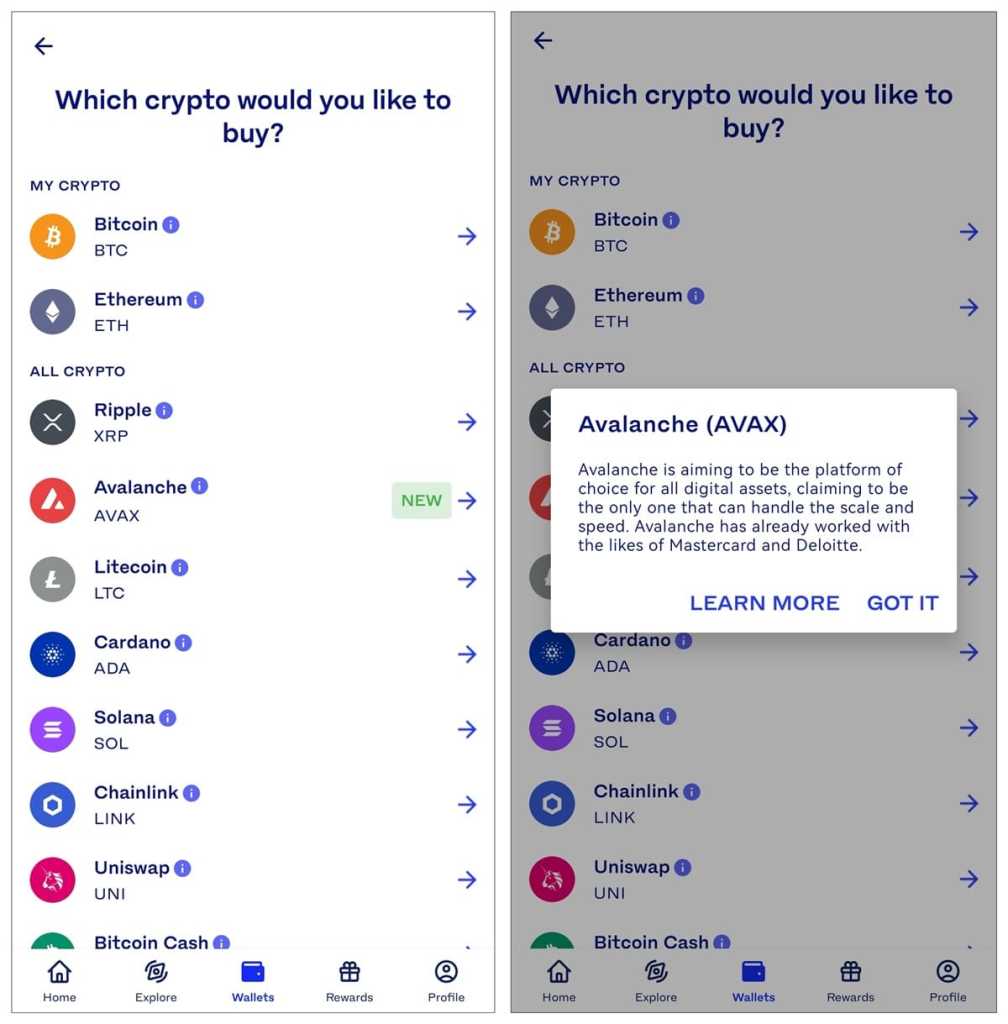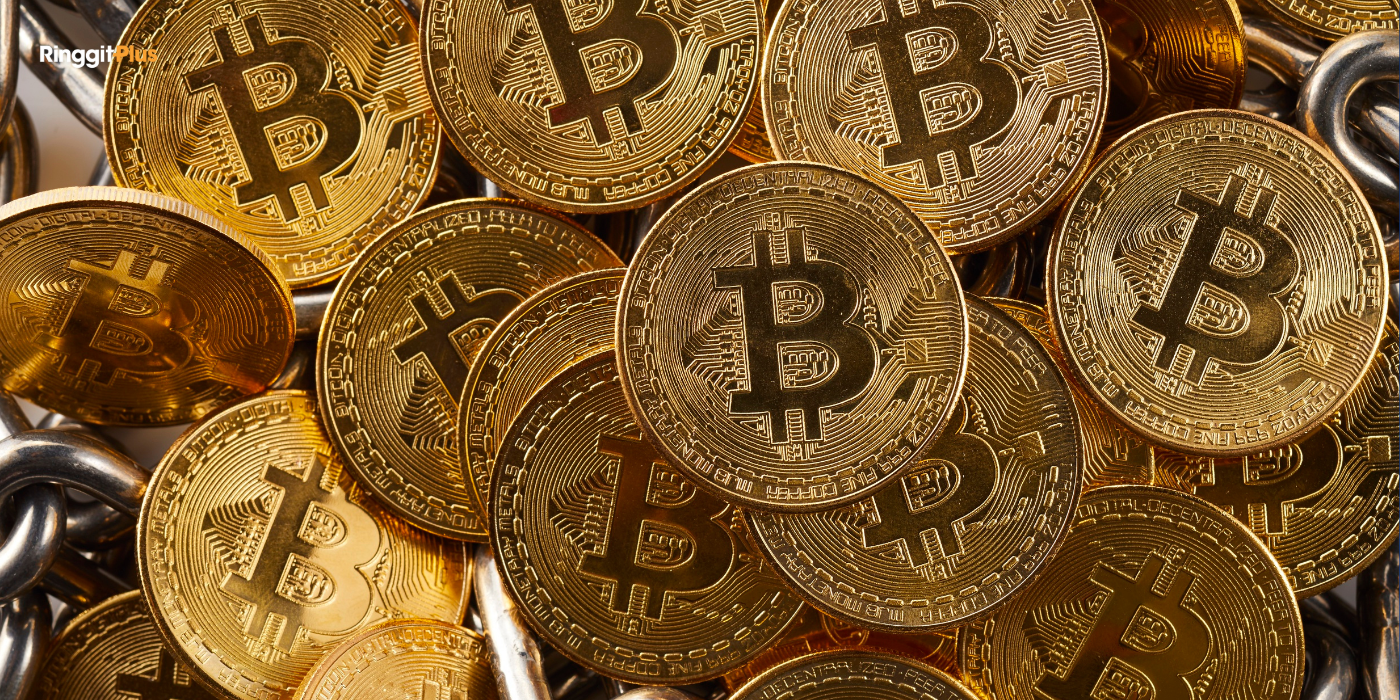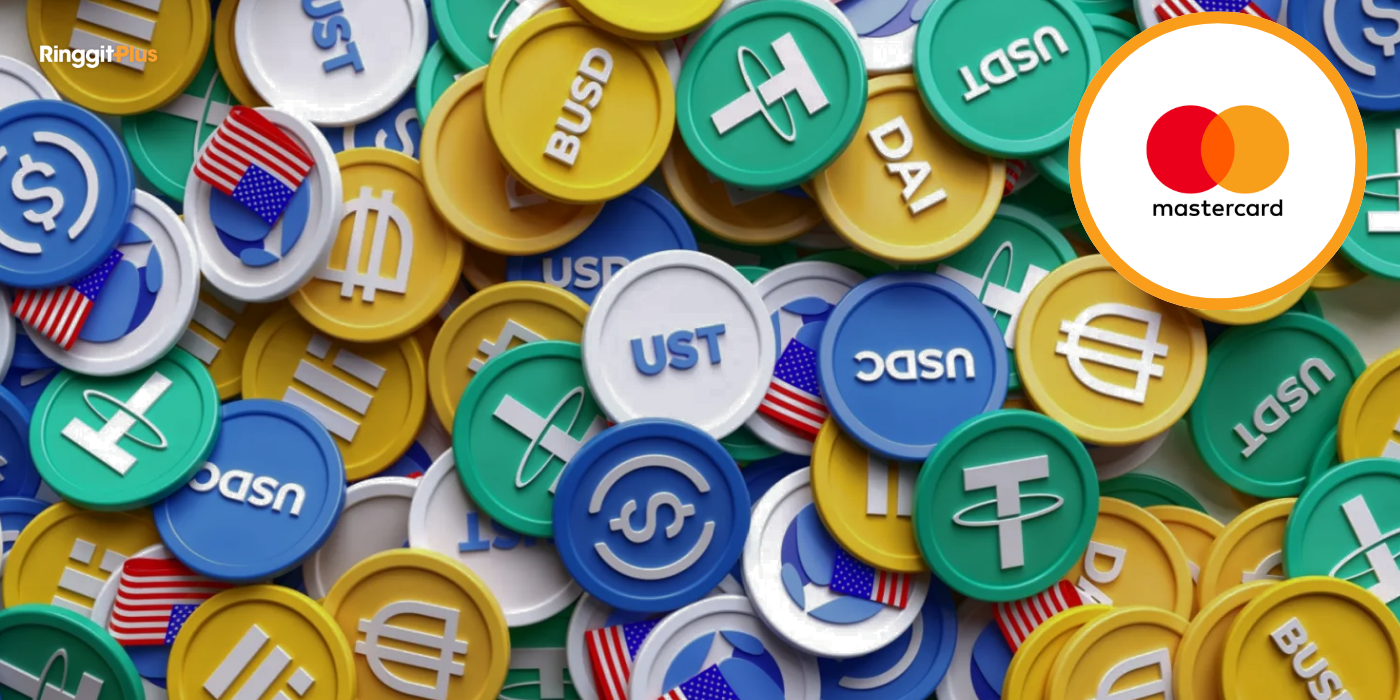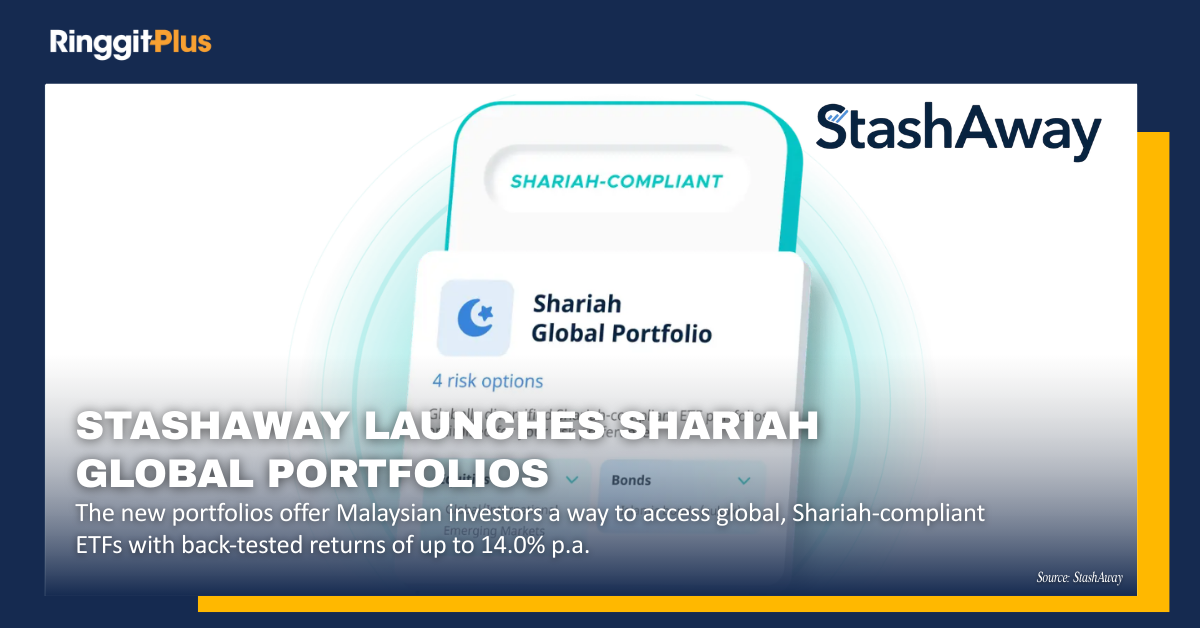Alex Cheong Pui Yin
17th May 2023 - 3 min read

Cryptocurrency exchange Luno has introduced yet another new token, Avalanche (AVAX), on its platform to diversify its offerings for its Malaysian users.
In a statement, Luno said that users can already begin to trade AVAX on the Luno app and website as of 5pm today (17 May). With this, Luno now offers a total of 10 tokens for trade, thereby contributing to Luno’s objective in enabling Malaysian investors to gain access to wider investment opportunities. Aside from the latest AVAX, Luno Malaysia are also able to buy and sell alternative coins like Cardano (ADA), Solana (SOL), Chainlink (LINK), and Uniswap (UNI) – in addition to popular crypto like Bitcoin (BTC) and Ether (ETH).
“At Luno, we are big advocates of building and investing for the long term, and we believe it’s important to provide customers with access to a broader range of crypto offerings, as part of our efforts in expanding and developing the crypto landscape. We firmly believe in the long-term potential of the industry, and we will continue working closely with regulators to expand more investment options for all Malaysian investors,” said country manager of Luno Malaysia, Scarlett Chai.
Luno also reiterated that it will conduct a thorough and rigorous study of each cryptocurrency before introducing it on the platform, ensuring that it meets stringent technical, regulatory, and legal requirements. “These processes are undertaken as part of best practices in prioritising safety and security, and to provide investors with peace of mind,” it said.

Regarding the new token itself, AVAX is the native token of the decentralised, open-source Avalanche blockchain, which is widely seen as a competitor to the Ethereum blockchain due to their similar capabilities. Among other things, both the Avalanche and Ethereum platforms can be used to build decentralised apps (often known as dApps), as well as support non-fungible tokens (NFTs) and blockchain gaming.
One of the things that sets Avalanche apart, however, is its speed in processing transactions; it can reportedly process 4,500 transactions per second, with a two-second finality (how long it takes for transactions to be confirmed conclusively across the network) – thanks to its unique transaction verification mechanism. By comparison, Ethereum is only able to process up to 30 transactions per second, with a 15-minute finality.
In addition to that, Avalanche is also designed to be cheaper than Ethereum, and it is often a favoured option among developers who are looking for low-cost smart contracts platforms to build on.





Comments (1)
I need one credit card.